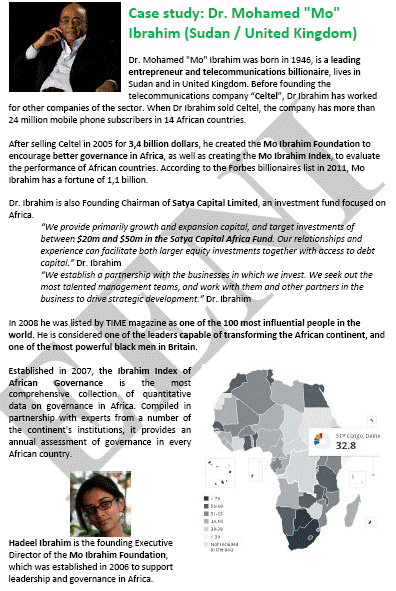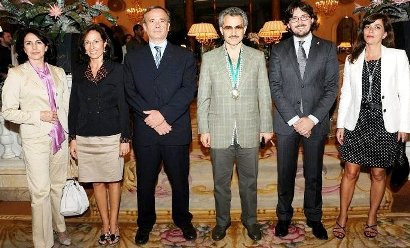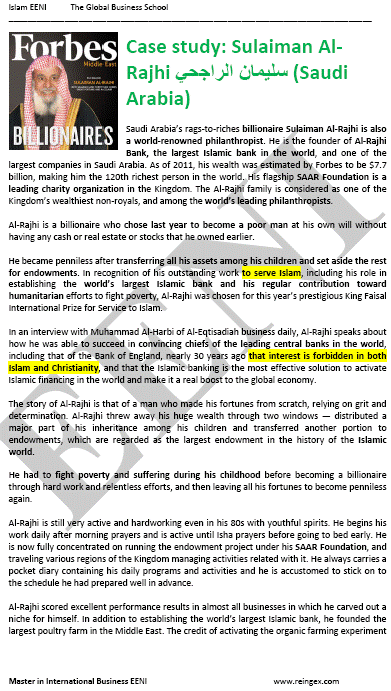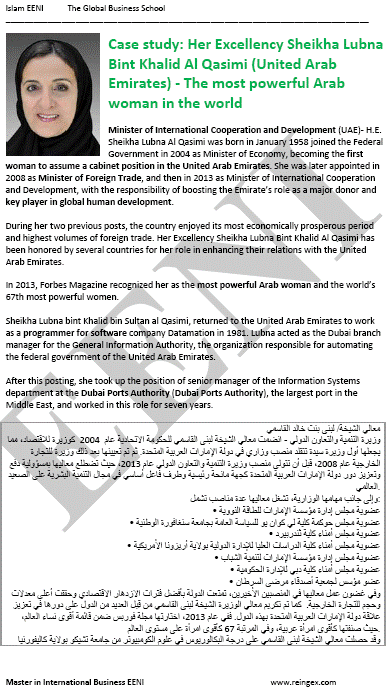Muslim Businessmen. Africa, Asia, Middle East

Prince Al Alwaleed is the richest Arab. Businessman, Dangote. Islam
- The richest and most influential Arabs
- HRH Prince Alwaleed bin Talal
- Muslim Businesspeople in
- Africa
- Middle East
- Asia
Sample:

The Subject “Muslim Businessman” belongs to the following Online Programs taught by EENI Global Business School:

Master in Business in Africa, International Business, Foreign Trade, Religions & Business.
Doctorate: Ethics, Religion & Business, Islamic Business.
Languages: 
 Islam Empresarios
Islam Empresarios  Hommes d’affaires musulmans
Hommes d’affaires musulmans  Islão.
Islão.

EENI delivers to His Royal Highness Prince Alwaleed bin Talal a Master Honoris Causa.
His Royal Highness Prince Alwaleed bin Talal, the richest Arab in the World, increased their wealth by 20 percent. The firm of the Prince Alwaleed, the Kingdom Holding Company, is one of the largest and the most diversified investment companies in the World.
The secondly richest Arab is Sheikh Mohamed Bin Issa Al Jaber (Saudi Arabia/United Kingdom) founder of the MBI Group.
Both besides being the best Businessman in the Arab world; they are also one of the greatest philanthropists.
The Olayan Family controls the Olayan Group (Saudi Arabia); we will analyze the case of the Lubna Suliman Olayan considered one of the most influential businesswomen in the World.
The fourth richest Arab is Sheikh Mohammed Hussein Al-Amoudi (Saudi Arabia), regarded as one of the leading Muslim Businessman and Philanthropists in the World.
We will analyze the case of Sulaiman Al-Rajhi a billionaire who renounced to all his wealth to become a poor man.
The Nigerian Businessman Alhaji Aliko Dangote is a self-made man; he is considered the richest men in Africa.
In India; we will find two of the most charismatic Muslim Businessman: Azim Premji (Founder of the giant of Information Technology: WIPRO) and Yusuf Hamied owner of the CIPLA laboratories.
It is important to point out that Arab Women play an increasingly major role in the Muslim Countries, especially in the Middle East.
Sample - Muslims
Businessperson

List of case studies of Muslim entrepreneurs (women and men).
Saudi Arabia.
- His Royal Highness Prince Al Waleed Bin Talal
- Sulaiman Al-Rajhi
- Lubna Olayan
- Mohamed Al Jaber
- Mohammed Al-Amoudi
- Hayat Sindi
Algeria.
Bangladesh.
Egypt.
United Arab Emirates.
- Majid Al Futtaim
- Lubna Bint Khalid Al Qasimi
- Abdul Aziz Ghurair
- Reem Ebrahim Al-Hashimi
- Amina Al Rustamani
- Shaikha Al Maskari
India.
Iran.
Jordan.
Kenya.
Kuwait.
Lebanon/Canada.
Malaysia.
Morocco.
Nigeria.
- Alhaji Aliko Dangote
- Abdulsamad Rabiu
- Hajia Bola Shagaya
- Alhaji Indimi
- Tunde Folawiyo
- Olufemi Otedola
- Adewale Tinubu
- Amina Odidi
Oman.
Pakistan.
Qatar.
Somalia.
Sudan.
Tanzania.
Tunisia.

(c) EENI Global Business School (1995-2024)
We do not use cookies
Top of this page



